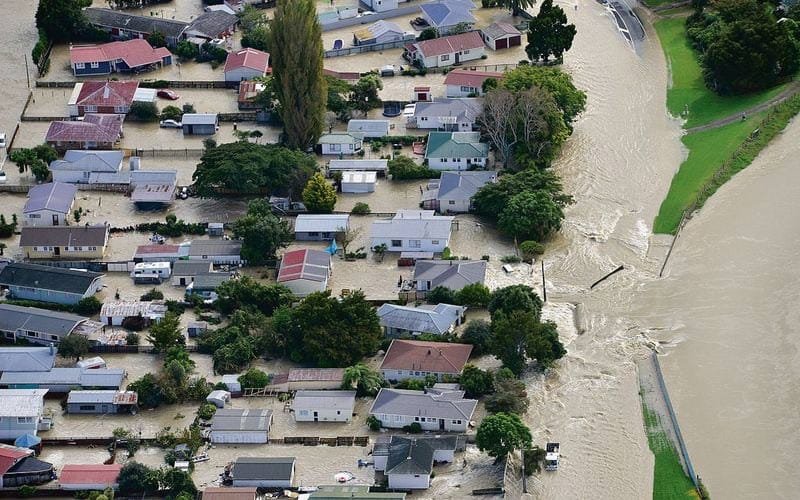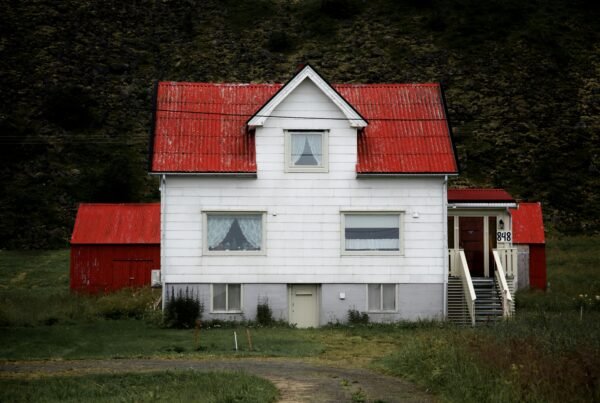As a licensed real estate agent, I have sold property in three very different countries. Over those years I have encountered properties that have been affected by floods, earthquakes or civil unrest.
It is not always easy selling a property that has been affected by any catastrophic event, but there are ways to ensure that you do your buying due diligence as best as you can.
When buying a property in New Zealand, it is usual to buy a LIM ( Land information memorandum)
You can learn a lot of information about the property from the LIM such as the following:
- Building consents issued or rates owing
- Stormwater and sewage drains
- Any heritage protection orders
- Zoning – how the land may be used
- Flooding and erosion information
- Wind zones
- Earthquake zones
You can also do other research if you are wanting to know what sort of area the property is situated in for insurance purposes, like checking the council hazard map, or the Natural Hazards Commission
Other websites also give up to date earthquake and landslide information like Geonet
If the property has been identified as an “at risk” property, in terms of being at risk for any future natural hazards like floods then this information is usually in the LIM report.
It is also a good idea to ask the seller about their insurance provider, because if the property is in a flood zone, then it is very likely that you will either pay a significantly higher premium or have a higher flood damage excess.
Some insurers will even not insure properties in high flood prone areas, so it is best to check. Other common natural hazard risks to houses include landslips, subsidence, and coastal erosion if the house is near the seaside.
In New Zealand the risk is usually defined by the yearly frequency, for example: 100-year flood zones, where historical research predicts there is a “1-in-100 chance ” of a flood event each year.
A “1-in-50 year chance” means a flood is twice as likely to occur in any given year, and a lower risk flood zone might only be a 1-in-200 year chance.
Given that floods have caused one of the biggest natural damage to property in New Zealand, then Insurers are understandably cautious when considering property in or near flood zones. Read more here.
You can generally find a lot of information either in the LIM report or mentioned in the council data supplied.
Lastly, if you are concerned about civil unrest or criminal activity in the area, then your local police station is a good place to enquire as a starting point. The Police have a website that gives information on the crime statistics in an area.
An internet search via Google is also a great way of getting historical information on any criminal activity reported in an area. If you are unsure then ask the questions.
The property salesperson should also be able to help you, and if they do not know the answer to your question, then they are obliged to do their best to find out for you, as they must comply with the legislation that governs real estate in New Zealand.
©e-propertymatters.com| Author| KC 9-24




